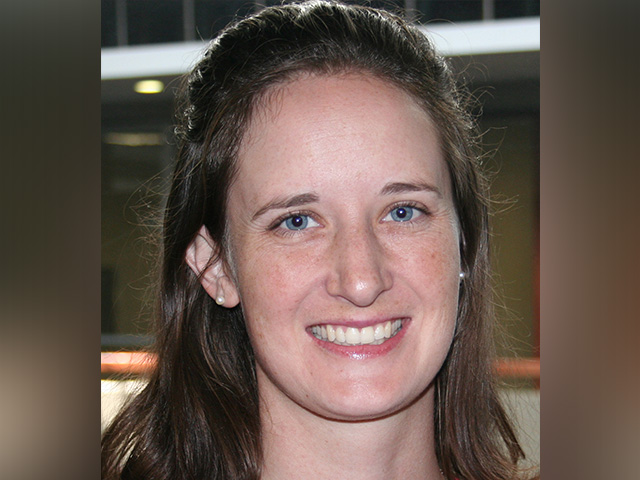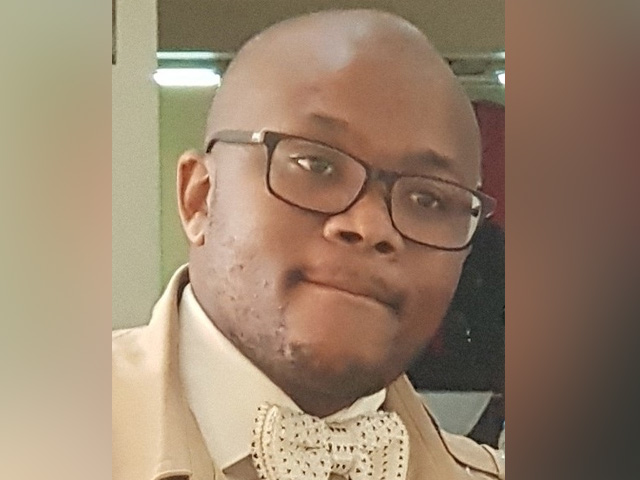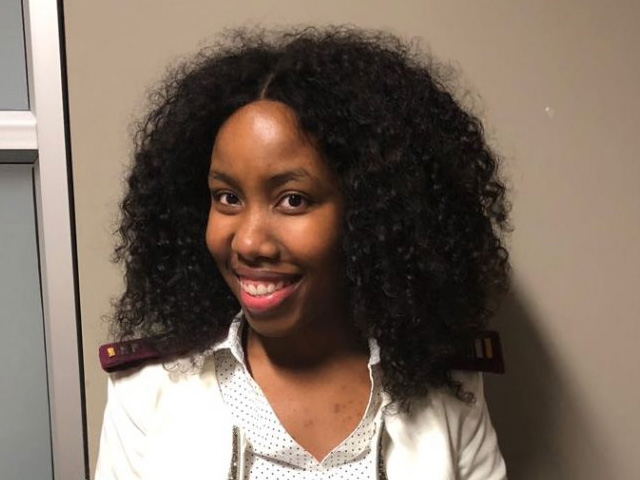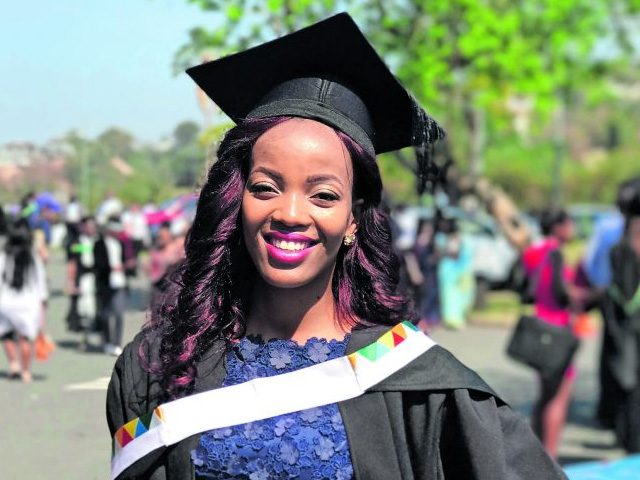Born in KwaZulu-Natal and raised in King William’s Town, Eastern Cape, Avuyile Mbangatha grew up in a community where socioeconomic and health issues were rife. Since he was a young boy, Mbangatha has always been motivated to find innovative solutions to address these issues.
“I am an innovative, community-orientated and all-rounded individual who is driven by grit and the need to lead from the back and put people in front,” Mbangatha says. It is his goal to use his expertise to help cultivate knowledge not just for himself, but for the people around him.
Mbangatha did just that in 2014 when he developed an award-winning fertiliser with the aim of enhancing nutrition and reducing poverty in rural settlements. He formulated a vermicompost solution (worm tea) as a substitute to conventional artificial fertilisers. The discovery that it was a natural pesticide and enhanced crop quality, growth and yield meant produce could be grown organically, reducing environmental issues triggered by artificial fertilisers.
The advantage of his fertiliser is its contribution to food security. An increase in crop yield increases food security and food security is a fundamental element of good nutrition. Improving food security in rural settlements helps reduce risks and susceptibility to lifestyle diseases and health conditions precipitated by malnourishment.
In 2016 Mbangatha represented South Africa at an international science fair in the United States as one of the world’s 30 youngest innovators. When he returned, he realised the importance of being a change agent, and decided to study medicine, with the intention of venturing into public health to make a difference in communities — especially rural settlements.
“Medicine is a dynamic career field that requires intense sacrifices, patient-centredness, empathy and humanity,” says Mbangatha, who is in his third year of study. “Medicine grants its practitioners the opportunity to integrate skills, knowledge and expertise to enhance South Africa’s level of healthcare, service delivery and healthy systems,” he adds.
At his university, Mbangatha works as a tutor and mentor. He believes that as society evolves, a decent education will empower young South Africans to optimise skill sets and competencies in different sectors and develop the country’s economy.
Mbangatha dreams of a future serving as a rural doctor and pursuing a postgraduate degree in public health to improve healthcare access. He also wants to be involved in research initiatives that will advance community health and eradicate communicable and non-communicable disease outbreaks. — Shaazia Ebrahim

































